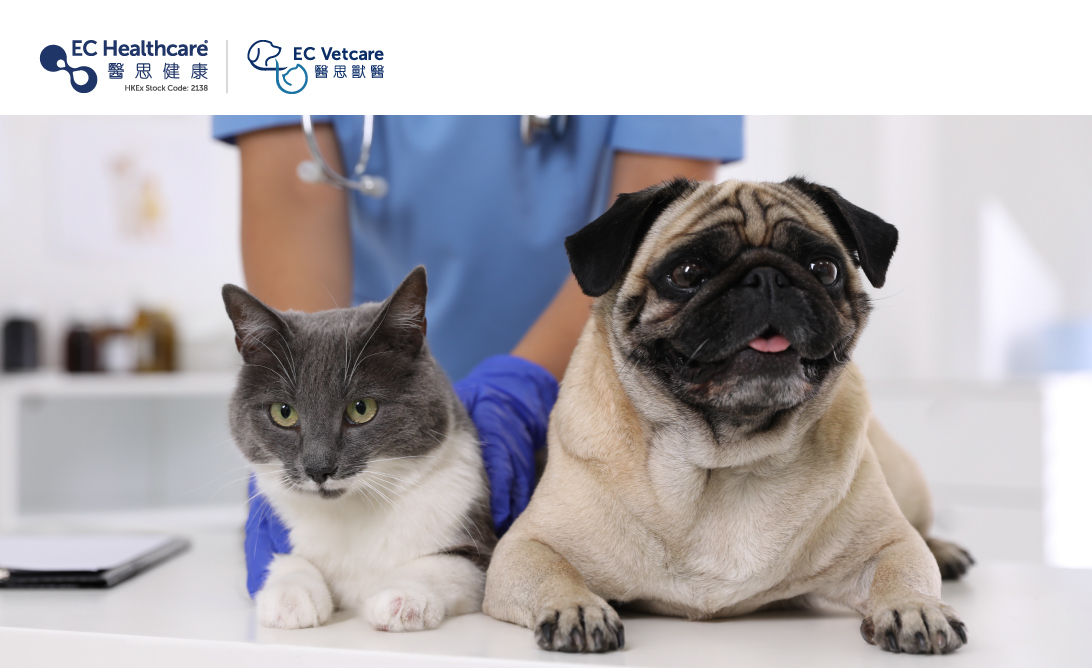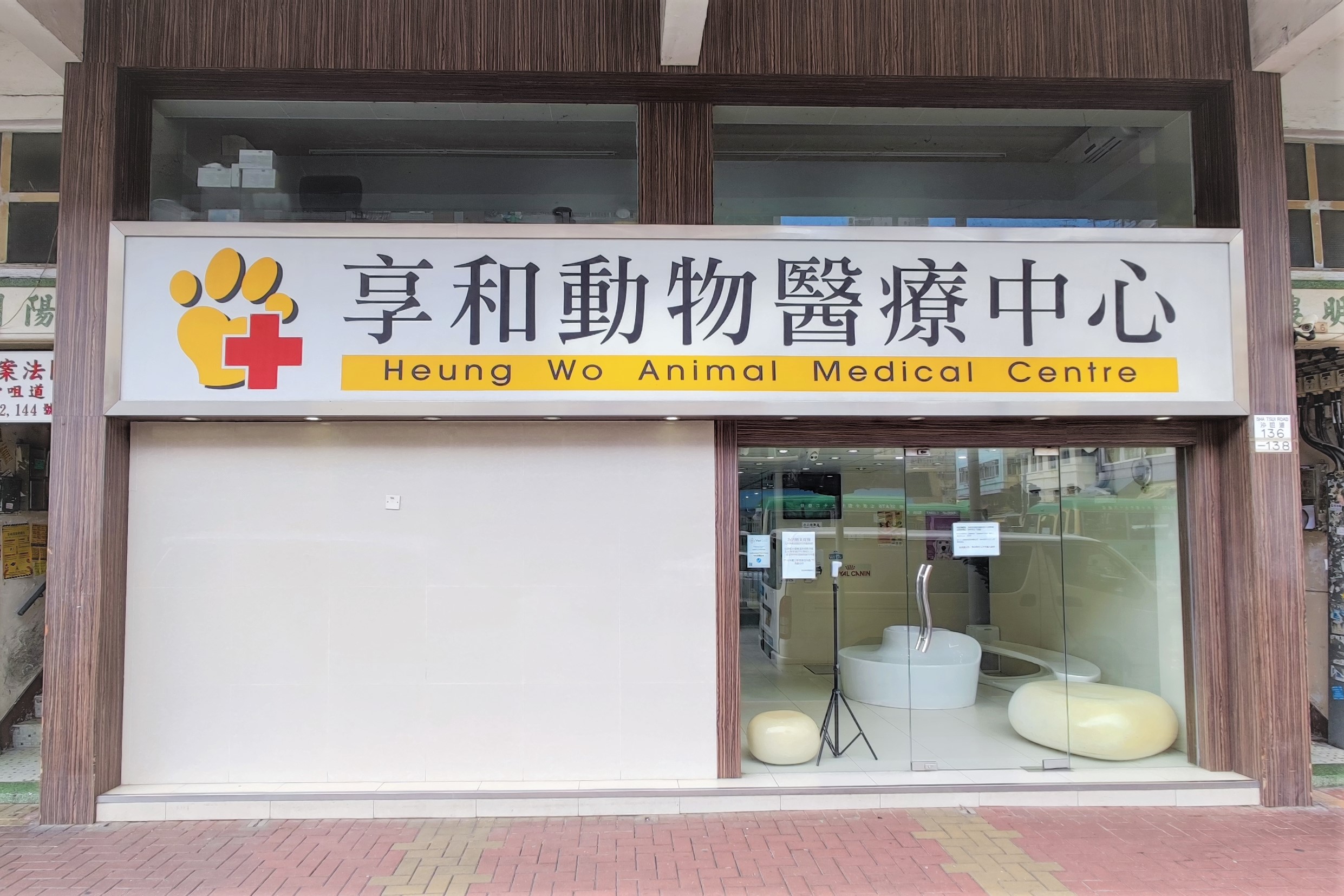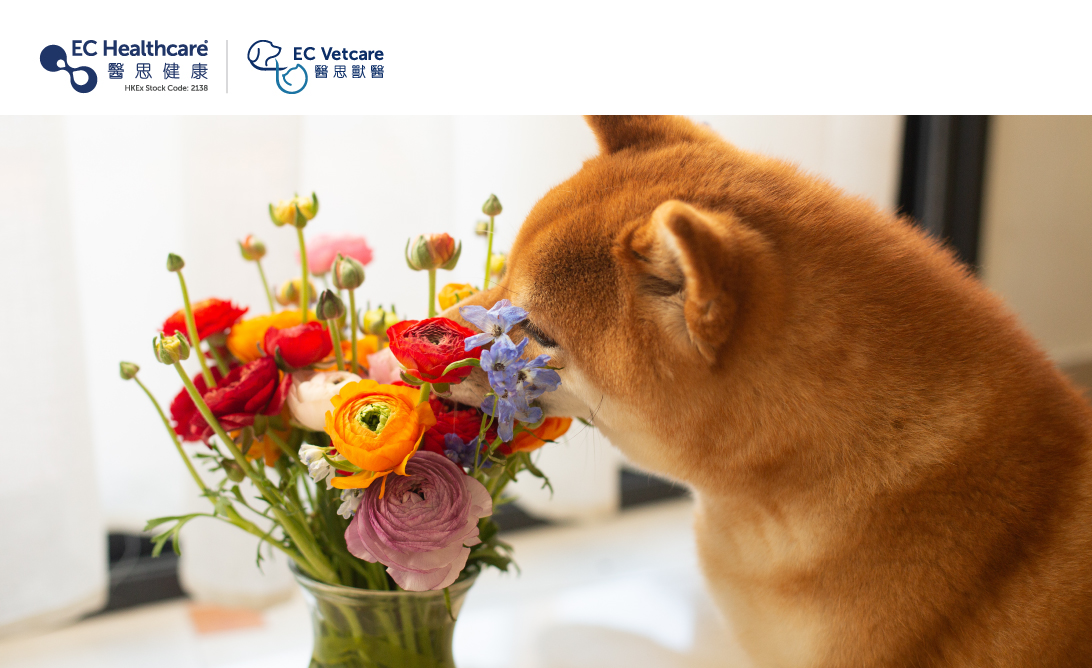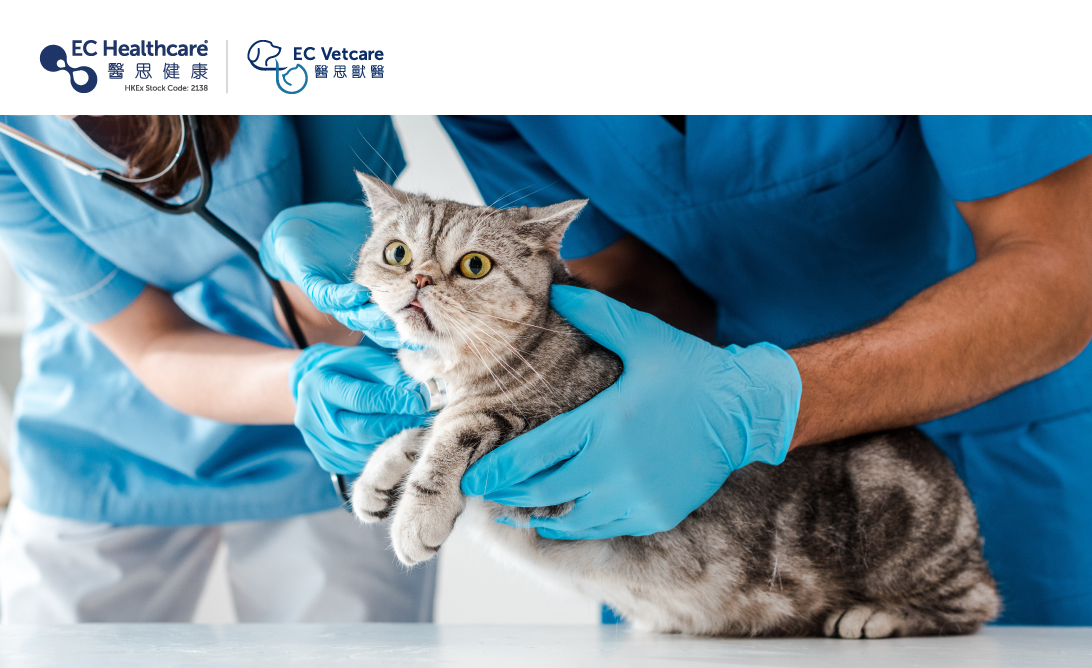Anemia in Pets: Understanding the Four Types and Causes


Anemia is not just a human condition; our beloved pets can also experience it! Have you noticed sudden lethargy, lack of energy, and decreased appetite in your cats or dogs? Take a closer look at their gums, tongue, and oral tissues. If they appear pale instead of their usual pink color, it could be a sign of anemia, and it's important to be aware of this hidden concern for their health!

Symptoms of Pet Anemia
Under normal circumstances, red blood cells and hemoglobin in the blood ensure an adequate supply of oxygen to all organs in cats and dogs, maintaining their overall health. However, when there is a deficiency of healthy red blood cells or a low hemoglobin level, oxygen delivery is compromised, leading to various symptoms of anemia in pets. These may include:
.Weakness and weight loss
. Easy fatigue
. Decreased appetite
. Pale gums and mucous membranes
. Difficulty breathing and panting
. Rapid heartbeat
. Muscle weakness and unsteady gait
. Vomiting or nosebleeds
. Anemic dogs may have urine that appears dark yellow to dark brown. In severe cases, blood may be present in the urine
Types and Causes of Pet Anemia
Anemia in pets can be attributed to either a decrease in red blood cell production or an increase in their destruction, leading to four main types: nutritional anemia, hemorrhagic anemia, hemolytic anemia, and non-regenerative anemia. Each type has its distinct causes.
1. Nutritional Anemia: This is the most common type of anemia in pets and occurs when the body lacks essential substances like iron, protein, vitamin B, and folic acid, which are necessary for blood production. As a result, red blood cells and hemoglobin cannot be adequately synthesized. Nutritional anemia is more prevalent in young, pregnant, lactating, ill, or senior cats and dogs with poor appetite or inadequate nutrient intake.
2. Hemorrhagic Anemia: This type of anemia refers to a significant loss of red blood cells and can be categorized as acute or chronic. Acute hemorrhagic anemia occurs when there is a sudden decrease in blood volume, such as in cases of unexpected accidents resulting in internal or external bleeding, surgical procedures, or excessive bleeding due to accidental ingestion of rodenticides. Chronic hemorrhagic anemia can be caused by gastrointestinal bleeding, gastric ulcers, viral infections from flea or parasite bites, or hookworm infestations, leading to recurrent episodes of bleeding in the body.
3. Hemolytic Anemia: Hemolytic anemia occurs when red blood cells are destroyed in large quantities. This can be caused by factors such as ingestion of toxins like onions, garlic, or certain chemicals, blood parasite infections, newborn puppies or kittens nursing from a mother with a different blood type, or abnormalities in the immune system where red blood cells are mistakenly recognized as foreign and attacked. These conditions lead to the destruction of red blood cells, resulting in hemolytic anemia.
4. Non-regenerative Anemia: In non-regenerative anemia, the bone marrow is unable to produce new red blood cells or there are metabolic disorders affecting red blood cell production. Conditions such as kidney failure, leukemia, exposure to high levels of radiation, certain medications, or heavy metal toxicity can impair the hematopoietic function of the bone marrow.
Is blood transfusion the solution for anemia in cats and dogs? Not necessarily. The treatment for anemia varies depending on the type and underlying cause. For example, in the case of nutritional anemia, supplementation of the lacking nutrients through a balanced diet is essential. However, for non-regenerative anemia, the focus is on improving the pet's hematopoietic function, often requiring non-rejecting blood transfusions. Therefore, when faced with symptoms of anemia in your pet, it is crucial to seek early veterinary assessment and professional advice to determine the appropriate course of action.
Related Brands









